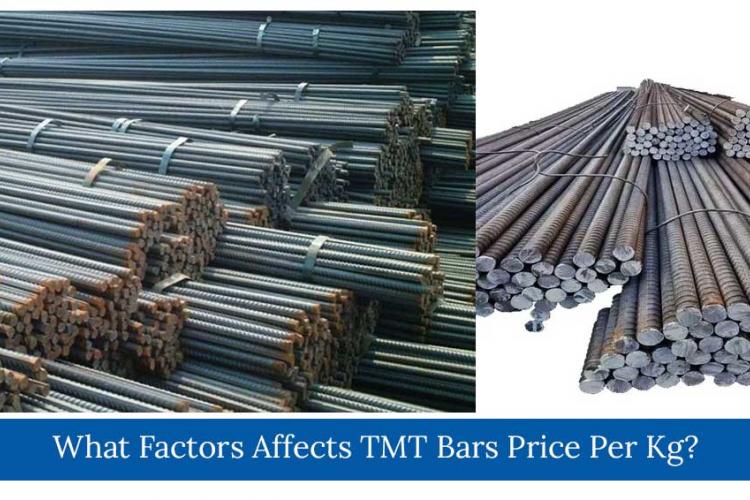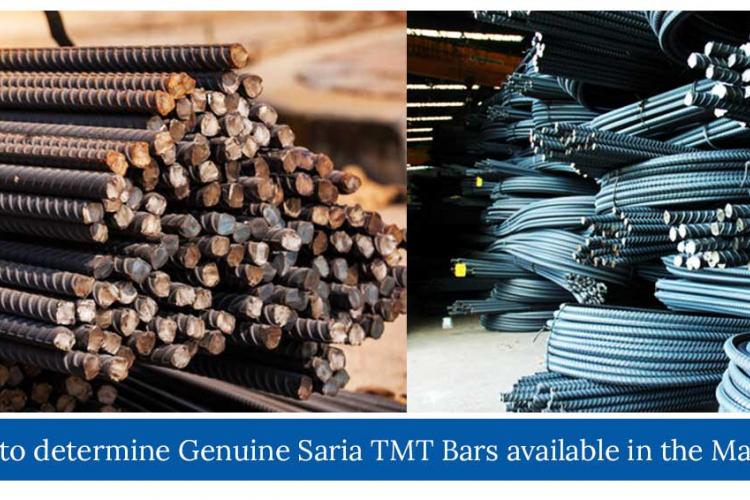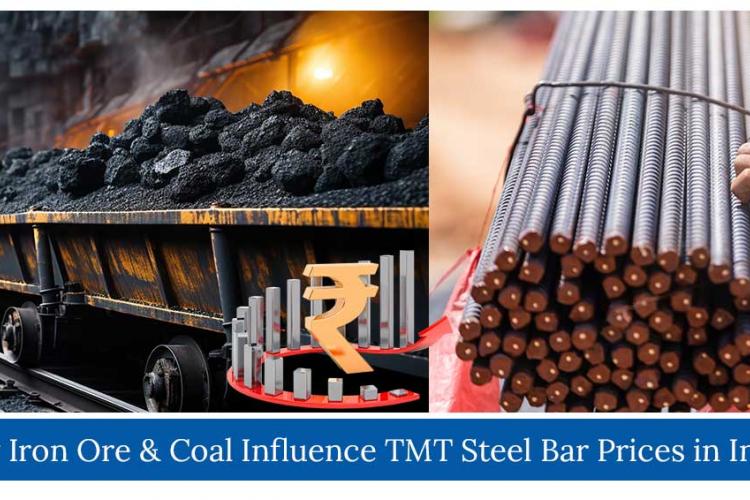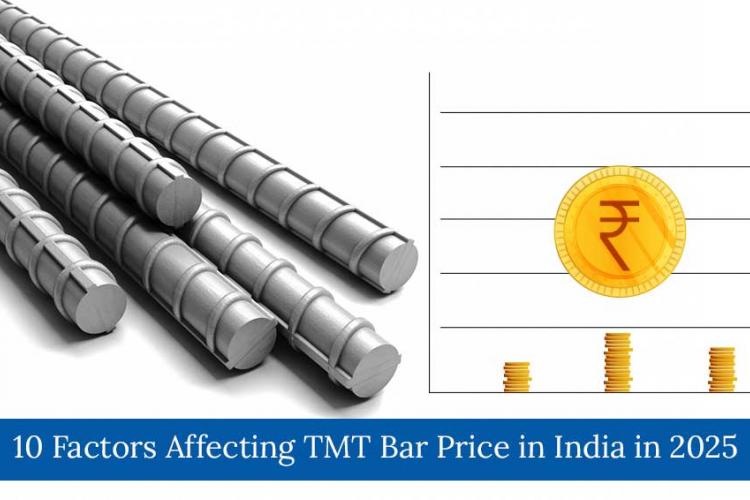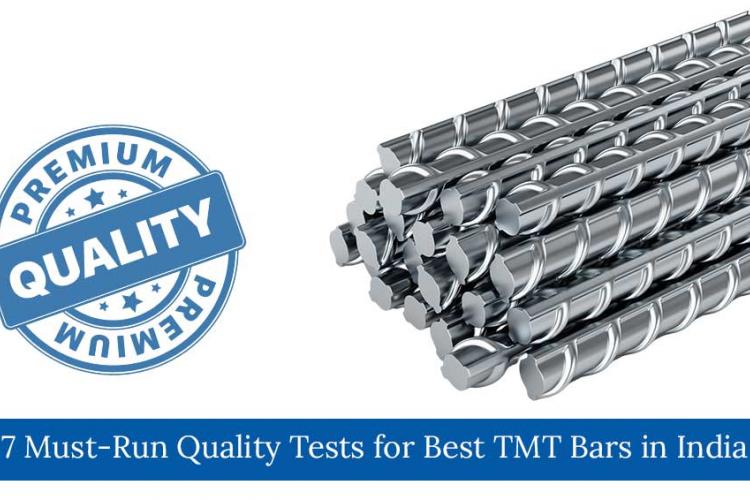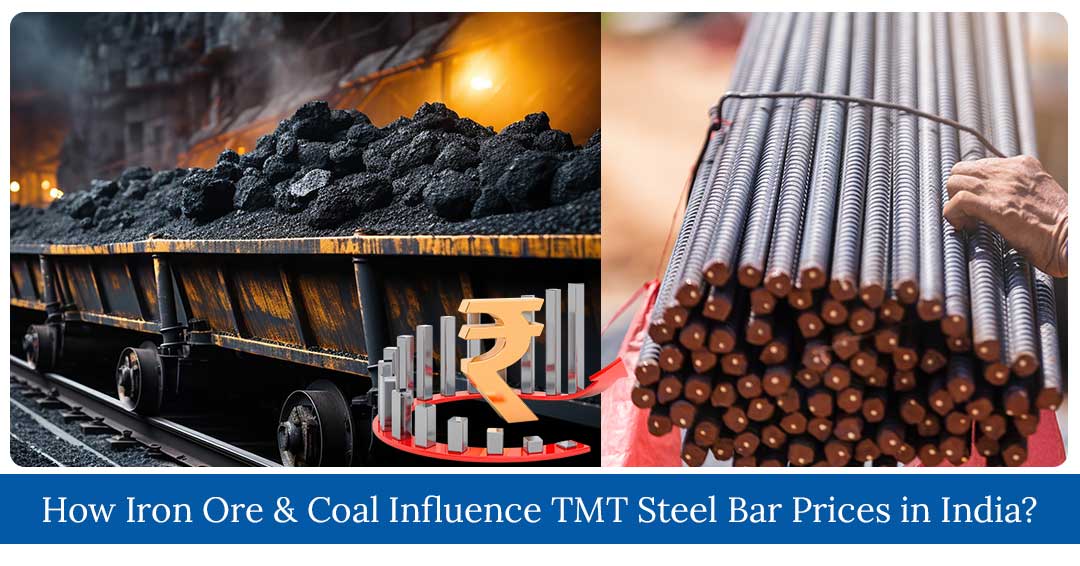
How Iron Ore & Coal Influence TMT Steel Bar Prices in India?
TMT industry in India is a critical sector of the construction sector, providing quality products which are the most fundamental material required for developing infrastructure. One of the primary reasons for the price of TMT bars is raw material purchase.
Raw materials such as iron ore, scrap steel, and coal, directly affect TMT steel bar price. Understanding how the purchase of raw materials affects prices will enable buyers and builders to make proper decisions while purchasing TMT bars.
Major Raw Materials employed in producing TMT Bars
The manufacturing process of TMT bars primarily involves three key raw materials, i.e., iron ore, scrap steel, and coal. All of these raw materials are used at various stages in the manufacturing process, ranging from the melting stage of the raw material in a furnace to the end product, i.e., final TMT bars. The cost of these raw materials will have a direct impact on the cost of the TMT bar per kg in different TMT industry in India.
As the key raw material that is used to make steel, iron ore plays a key role in determining the price of TMT bars. Changes in the price of iron ore as a result of local availability or foreign demand affect the price of TMT steel bars directly.
Effect of Iron Ore Prices
Iron ore is one of the key commodities employed in steel production, and iron ore price volatility is one of the drivers of TMT steel bar price.
India is a major iron ore-producing nation but is prone to domestic and international price volatility. So, TMT industry in India, consuming a huge quantity of iron ore, have more cost of production, and it is passed on to buyers in the form of a higher TMT steel bar price.
The other raw material of prime necessity is scrap steel, which can be used in electric furnaces. Since India imports a large percentage of scrap steel, the TMT bar price in India is affected by prices abroad.
Scrap Steel Price impact
The rates of TMT steel bar in India often ascend with increase in scrap steel price in other countries for reasons of demand or disruption of supply links providing direct indirect effect on TMT bar companies in India.
Coal is used in the smelting process of the steel using the blast furnace method. A rise in the price of coal can lead to increase in the rates of TMT steel bars as they form a part of the cost of production.
Coal Price Volatility
Coal is also a crucial factor since it is used in blast furnaces to melt iron ore. Price fluctuation of coal due to such factors as domestic scarcity or volatility of foreign prices for coal is bound to have a significant effect on TMT bar cost of production. TMT steel bar price follows suit when there is a rise in coal price.
Conclusion
Raw material costs are one of the most important parameters that determine the price per kg of TMT bars in India directly affecting TMT bar companies. Iron ore prices, scrap steel prices, coal prices, and freight rates all contribute to determining the price of TMT bars.
TMT bar companies who are knowledgeable and take control of these elements effectively can quote more stable prices, enabling the consumers and the builders to make cost-efficient decisions without having to compromise on quality levels.
Through staying knowledgeable about the dynamics of raw material supplies, the buyers can forecast price volatilities and plan their projects better.


